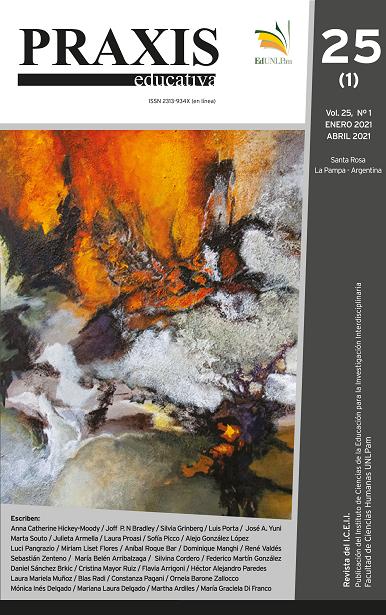New Materialism, Ethnography, and Socially Engaged Practice: Space-Time Folds and the Agency of Matter
Keywords:
ethnographies, methodologies, arts-based inquiry, methods of inquiry, feminist methodologies, new methods and methodologieAbstract
This article is an investigation of the agency of matter and an exposition of the new materialist methods I have been developing as part of a muti-sited trans-national ethnography that features socially engaged arts practices alongside more traditional ethnographic and qualitative techniques. I think through the agency of matter and consider the temporality of matter as part of its agency, understanding these agents as constitutive features of the research assemblage. Drawing on ethnographic fieldwork from the United Kingdom, I examine how matter’s space-time can impact processes of making the social. I develop theoretical resources for moving the field forward. sDownloads
References
Barad, K. (2007). Meeting the universe halfway: Quantum physics and the entanglement of matter and
meaning. Durham, NC: Duke University Press.
Barad, K. (2008). Queer causation and the ethics of mattering. In N. Giffney & M. J. Hird (Eds.), Queering the
non/human (1st ed., pp. 311-338). London, England: Routledge. (Original work published 2008)
Bishop, C. (2006, February). The social turn: Collaboration and its discontents (pp. 24-24). Artforum.
Cameron, S., & Coaffee, J. (2005). Art, gentrification and regeneration—From artist as pioneer to public
arts. European Journal of Housing Policy, 5, 39-58. DOI:10.1080/14616710500055687
Gruber, C. (2017). Back to nature: The votive in Islamic visual and material cultures. Material Religion, 13, 99-101.
doi:10.1080/17432200.2017.1272737
Hickey-Moody, A. (2013). Affect as method: Feelings, aesthetics and affective pedagogy. In R. Coleman & J.
Ringrose (Eds.)
Deleuze and research methodologies (pp. 79-95). Edinburgh, Scotland: Edinburgh University Press.
Warfield, K. (2016). Making the cut: An agential realist examination of selfies and touch. Social Media + Society,
(2), 1-10. DOI:10.1177/2056305116641706
Downloads
Published
Issue
Section
License
Copyright Notice
Editorial Committee Educational Praxis Magazine:
I hereby declare that I am the author of the article titled (article name), that it is original and my own and that it was not previously published in any other format or medium. I declare to know that the magazine will not charge me any type of fee under any circumstances, nor will I receive any type of monetary compensation If it were accepted for publication in Educational Praxis, I authorize the aforementioned magazine to publish it digitally and to advertise it on its social networks.
If the work is published, I adhere to the Creative Commons license called "Attribution - Non-Commercial Share Alike CC BY-NC-SA", through which it is allowed to copy, reproduce, distribute, publicly communicate the work and generate derivative works, as long as when the original author is cited and acknowledged. This license has been used since September 2018. In 2016 CC BY NC ND 4.0 was adhered to; and in the years 2017 and 2018 (January-August) CC BY NC 4.0.
This CC BY-NC-SA Share Alike license does not, however, permit commercial use of the work. As an author, the journal may establish additional agreements for the non-exclusive distribution of the version of the work published in the journal, it allows me to self-archive the published articles, in their post-print version, in institutional, thematic repositories, personal web pages or any other relevant use. with the recognition of having been first published in this journal.
Educational Praxis adheres to DORA (Declaration on Research Assessment) signed in San Francisco, California, on December 16, 2012, and to the Declaration of Mexico (Joint Declaration LATINDEX - REDALYC - CLACSO - IBICT).











_(1)2.png)


3.png)











_(2).png)






2.jpg)









